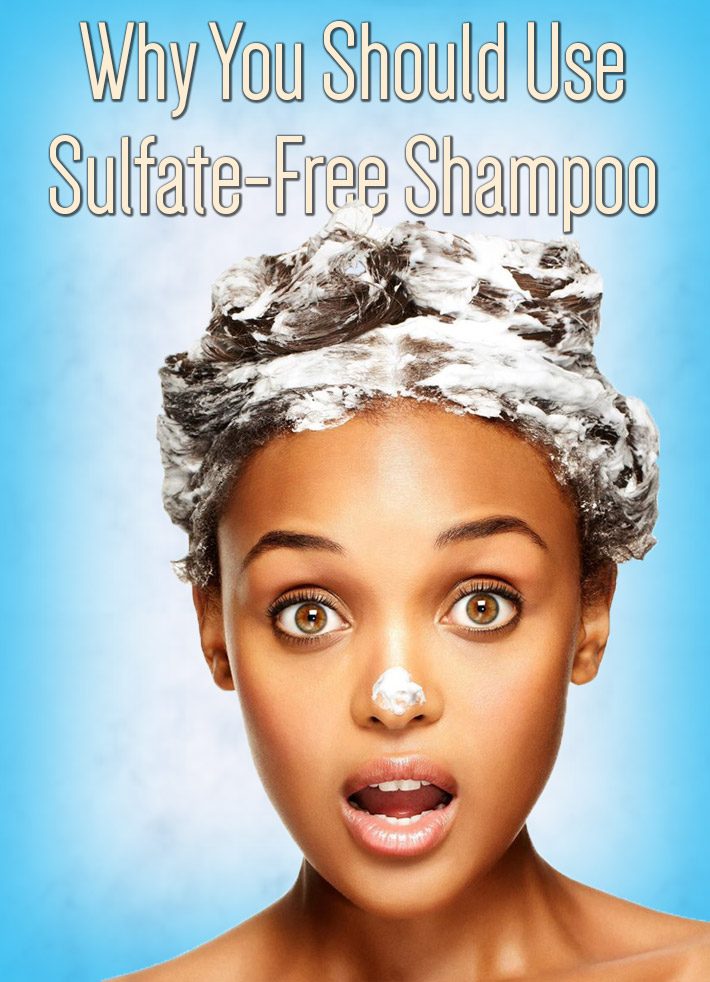
Sulfate-free shampoo: You’ve seen the term everywhere… on label after label at the drugstore, in magazine ads, and even in a few TV commercials. But what does it really mean? And should you be concerned that the shampoo in your shower isn’t part of this popular crowd? Here’s exactly what you need to know.
What Exactly Are Sulfates?
“Sulfates are detergents and they’re extremely good at what they do, cleansing [hair and the scalp] by cutting through dirt and grime,” says Ni’Kita Wilson, a cosmetic chemist in New Jersey. The most common sulfates you’ll spot in ingredient lists are sodium lauryl sulfate (a.k.a. SLS) and ammonium lauryl sulfate (a.k.a. ASL).
Sulfates are considered safe when used briefly, followed by thoroughly rinsing the skin they touched. Still, for a great many people, even that short contact is too harsh, leading to…
Scalp irritation: Sulfates are known skin irritants. As detergents, they remove oil so effectively that they can actually strip your scalp’s outermost protective layer. With a compromised barrier function, it’s very easy for harmful bacteria to get in and needed moisture to get out. As a result your scalp can develop sensitivity, dryness, redness and itching.
Acne: As if the irritation wasn’t bad enough, many people also report getting acne on the scalp and around the hairline! It could be from bacteria getting in, or from the harshness of the sulfates causing rebound oil production.
Dry hair:The SLS gets rid of oil so well that your lengths can end up lacking moisture and shine. This can be especially problematic for those with dry or curly hair, or people prone to tangling, flyaways and split ends. (Dry hair splits faster.)

Color fade: Sulfates are widely suspected to speed the fading of hair dye, because they are so stripping.
Hair loss (maybe): Finally, some people have pointed the finger at sulfates for contributing to hair loss, thinning and shedding—indirectly, by causing inflammation of the scalp. The jury’s still out on that, but, it’s much better to be safe than sorry. If you’re having this problem and alternatives exist, why wouldn’t you use them?!
Sulfates are so prevalent in everything for the same reason you see other common cosmetic ingredient, petroleum, everywhere. They’re cheap, cheap, cheap! Sadly, beauty companies don’t care about your skin health as much as they care about their profits… Fortunately, there are a number of very good sulfate-free options on the market now, that work better than ever.
How to Choose a Sulfate-Free Shampoo

Many sulfate-free shampoo ingredients are derived from coconut oil and fruit sugars, and will give you a safe, gentle clean. Below are some names you’ll see on labels:
- Coco glucoside
- Lauryl glucoside
- Decyl glucoside
- Caprylyl capryl glucoside
- Sodium cocoyl glutamate
- Disodium cocoyl glutamate
- Sodium cocoamphoacetate
- Disodium laureth sulfosuccinate
- Sodium methyl cocoyl taurate
- Sodium methyl oleoyl taurate
- Sodium cocoyl isethionate
- Ammonium cocoyl isethionate
- Sodium lauryl glucose carboxylate
- Sodium lauroyl lactylate
- Cocamidopropyl betaine
What’s in Sulfate-Free Shampoos, Then?
The short answer: Mild detergents that don’t completely wash away your hair’s moisture. They have names that are a mouthful and sound similar to sulfates, like sodium lauryl sulfoacetate. And unlike traditional shampoos, sulfate-free ones don’t froth or create as many suds. “Sulfate-free systems are more difficult to thicken, which means that chemists have to add more ingredients to make a nice product,” says Wilson. “Otherwise your shampoo would flow like water.”
Who Should Use a Sulfate-Free Formula?
While sulfate-based shampoos do a great job of getting rid of oil and product buildup, they can also potentially dry out your hair, leading to a lack of moisture and sometimes even damage like split ends, says Nunzio Saviano, hairstylist and owner of the Nunzio Saviano Salon in New York City. So, if your hair is naturally prone to dryness—coarse, curly hair or fragile, fine hair fit the bill—a sulfate-free product might be a good choice for you.
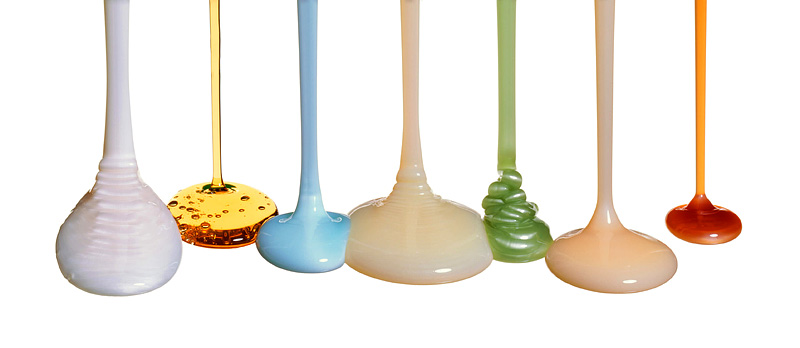
If you get regular dye jobs, you might also want to think about using sulfate-free shampoo, since sulfates can strip strands of color in addition to grime. And, if you know that you’re sensitive to sulfates, you should definitely opt for a sulfate-free formula to prevent any scalp irritation, says Anabel Kingsley, hair and scalp expert for Philip Kingsley.
However, if you’re someone who’s prone to oil or if you work out on the regular, the mild detergents in sulfate-free shampoo may not have quite enough power to clean your strands as much as you’d like.
Bottom Line: Do You Really Need to Use a Sulfate-Free Formula?
It really all depends on your hair type; those with parched or color-treated hair may benefit from using a gentler cleansing choice to prevent their hair from feeling super dry, while those who have greasier strands will probably find that they need to use sulfates to truly feel like their hair is clean.
But if you’re curious, by all means go ahead and try a sulfate-free shampoo to see if it works for you! Brands like L’Oreal, Nexxus, Briogeo, Yarok,World Clean and Bumble and bumble all make sulfate-free options.


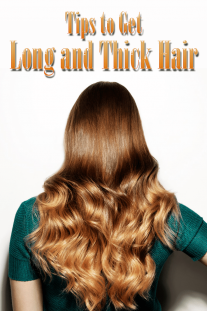
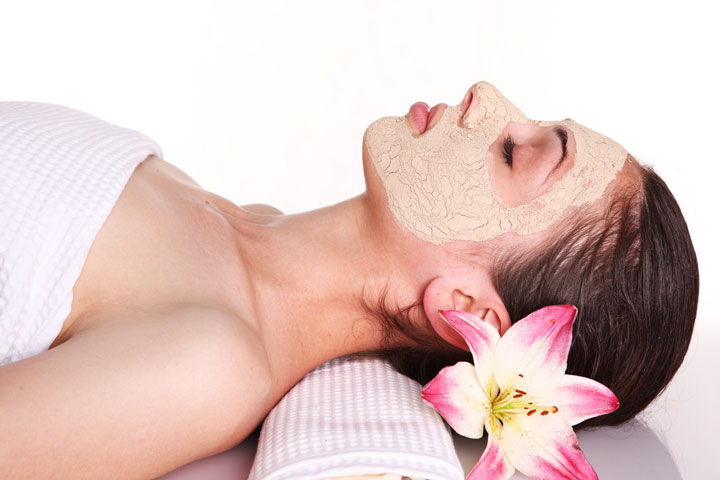
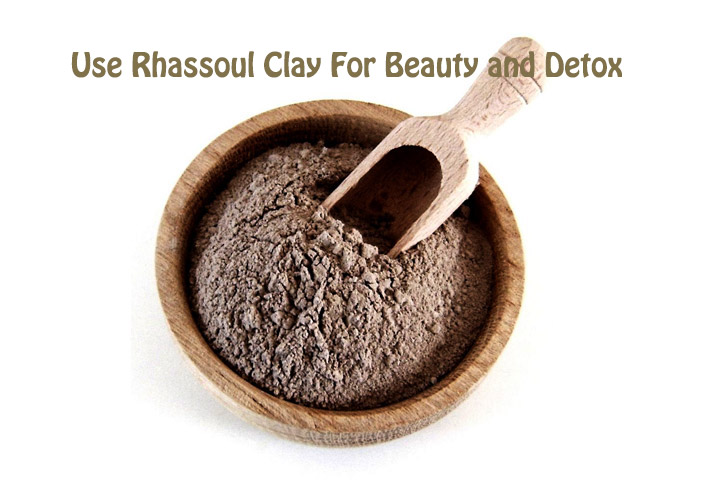
Leave a Reply